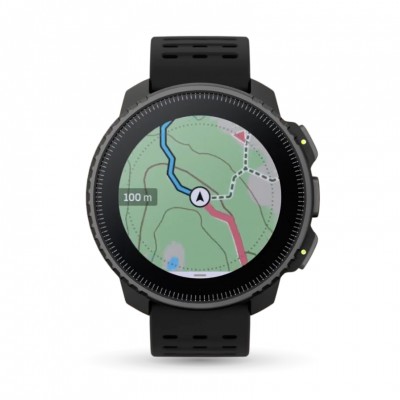No one (or almost no one) doubts the need to perform the popularly called long runs in order to prepare for a marathon in the best conditions. These are the ones that will give us confidence when we get to the wall, when we have to face the "Hammer's Man", as the English athletes like to say. There are those who defend that to consider a training run as a long run it is enough to exceed 22-24 kms, just as there are those who believe that we can not speak of a long run below 26 at least.
We have to leave aside the professionals and semi-professionals, people who run more than 150 kms per week and double their training sessions on many days. They do all kinds of runs: long and soft (soft for them, because 32 kms at 3:50 without going over 140 bpm is only within reach of those machines), shorter and more intense, long in progression, etc ... in addition to series, hills, intervals, ... of course. But the rest of athletes who are immersed in marathon preparation usually move between 50 and 100 (up to peaks of 120) kms per week. These figures vary depending on the number of sessions and the target goal; and within our planning we should include these long runs.

The 4 key questions about long runs to train for a marathon
Now, how many long runs should you do? How many kms? At what pace? In progression or at a steady pace? For all these questions there are a few answers, different "schools", different ways of approaching the planning of a marathon. different ways of approaching the planning of a marathon, but no one has an absolute truth about what to do for this or any other event; there are many cases of athletes with disparate training and achieve the same goals. What training is best? Well, the one that best suits the conditions of each one and that goes for marathon, for half and for any lower distance of distance.
- You may be interested in: Running a marathon for the first time: am I really ready?
It seems obvious that each athlete is different and what works for one does not work for another; so there are those who assimilate high mileage and there are those who are more comfortable with several weekly sessions not so long, but at high paces. A popular athlete commented that the first time he got close to his best time he did not exceed 24 kms in any training session of the preparation, but few were the days he did less than 20 kms (including warm-up) and some of them at very demanding rhythms. In addition he improved his half time 15 days before the marathon, another polemic discussion that we will deal with, can and/or should you do a half at full speed a few days before the marathon?
But are those long runs rather short enough for all of us?
We have already said that of course not, especially if we face our first challenge against this mythical distance. Everything takes a process of adaptation and in the case of a popular athlete, in this first time, and even if you already have experience in shorter distances, as a general rule should focus on making rather long and not very intense training, accustom the body to prolonged efforts, but not demanding in terms of pace to feel in first person those new and strange sensations that invade us after many kilometers of running and that did not appear when we were dedicated to shorter distances. Many of us already know what we are talking about, so we have to experience it.

For all tastes
In athletes who have already completed the 42,195 meters is where we find plans for all tastes. The psychological factor also comes into play, and by the way, it comes into play in a big way: The coach who prepares an athlete and considers that it is not necessary to do more than, for example, 25 kms, in the longest of the runs, will hardly convince him not to go beyond those records, if the athlete in question is one of those who need to have the security that he will reach 32 or 34 kms, even on several occasions. There are not few who do kms in secret from their trainer, and this is no joke.
Number and duration of long-distance training sessions
In the case of self-taught athletes who follow plans that they have made themselves or that they have taken from books, colleagues, magazines or the Internet, we find that they often adapt them , especially in the quantity and duration of the long runs included in these plans. The marathon runner wants to arrive to the race with the homework well done and that usually includes many runs and many kms, but are they necessary? Do they guarantee that we will not run into the wall and that unpleasant "sledgehammer man"? Does doing so many kms interferes us to improve in other facets of training that can also be very important when running a marathon?
In Runnea we will try to explain the different ways that we marathoners have to do those long runs, to fit them into the planning: how many are done, in what way, how often, up to what point (how many days before the race) we increase kms and when we start to decrease ...
Read more news about: Running News



















